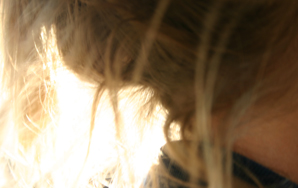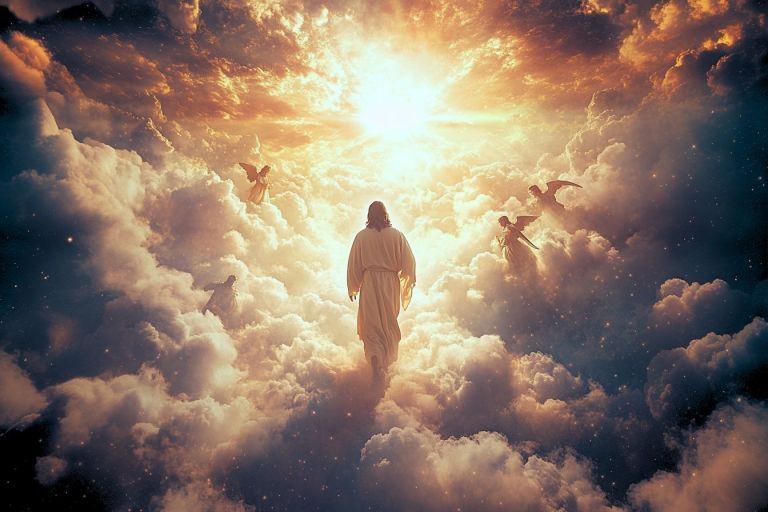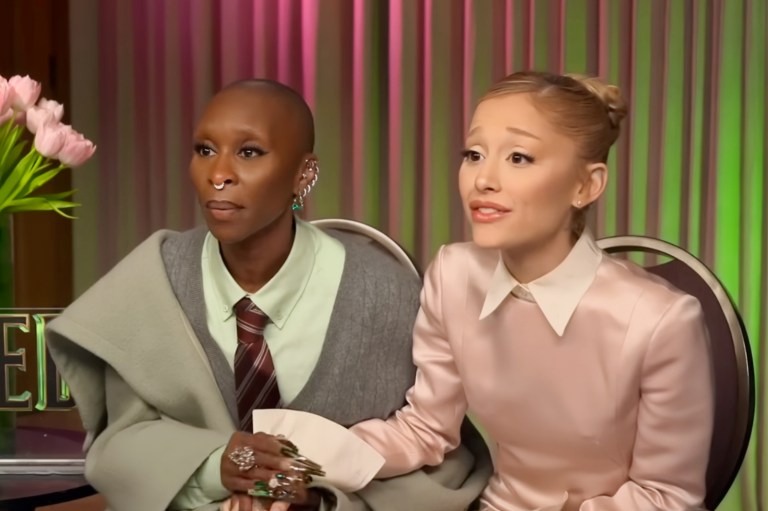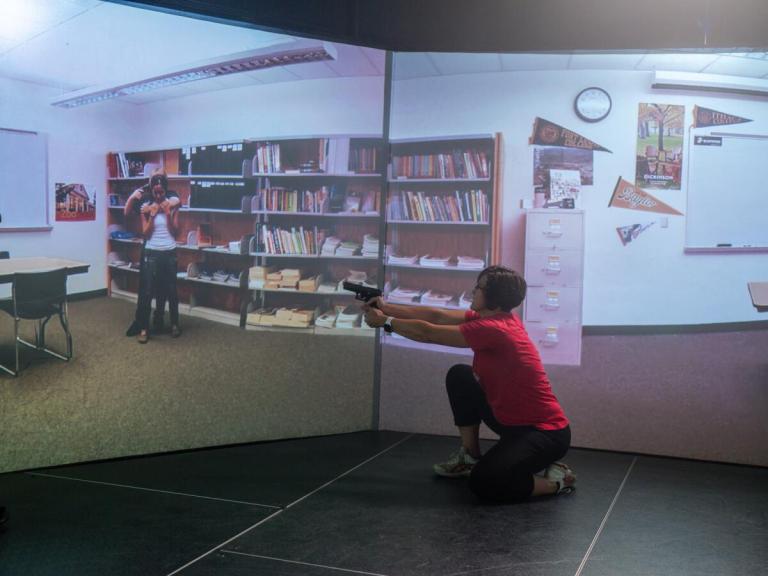
We Are People We Could Have Loved
It is hard to pick out scenes for this story. How to discern what’s important. How do you compartmentalize the brittle histories between two people?
i.
She called it the meadowlands, those fields of swaying, rusting stalks between Seacaucus and New York. Polluted, iridescent plashets of stewed water pooled where soil should have been. I asked her how anything could grow in that swamp.
With small miracles, she said.
ii.
It is hard to pick out scenes for this story. How to discern what’s important. How do you compartmentalize the brittle histories between two people? Maybe interlaced fingers, spavined declarations, small talk. Maybe the angle of the leaves of explosive sunsets, the ones she and I wondered at on the walks we took on the mall along the parkway.
You never start from the beginning.
iii.
There was the time my friend Casey died. We didn’t know it would happen, but we did, in a way. It was cancer, the word with the nuance of a mobius strip. The funeral was in Connecticut; we were in college in Boston. She (not Casey; the person that this story is about, because all stories are really about someone else, those hovering bees) got her sister to rent a sedan, pay for additional insurance. There were six of us, including her. Five mourners and an usher. We sat on each other’s laps, left seatbelts unhinged, because what else was left to do but be careless? I reached for cinematic references, asked why Smokey Robinson wasn’t playing on the radio. We stopped at a bar, we stopped at another. The concept of crying was too exhausting to entertain.
I had a family friend in Trumbull who offered up her home like a soup kitchen. We had dinner and observed the languid pasta latticed through the tines of our forks. Though guest rooms were offered, we insisted on sticking together, opting for the finished basement. I nursed a bottle of wine while watching immemorial television shows, wishing instead for a blanket of white noise, falling asleep.
It was hours later that I rose, muscles stiff like copper piping, still asleep. It’s a habit of mine, sleepwalking; it lurches from within me in times of great stress. I can’t remember what I dreamed, if anything at all. She woke, too, thought that I was merely drunk. Hunching about, I tromped on the resting limbs of friends in sleeping bags. Maybe I was in a field of rare wildflowers, or stalking through a labyrinth of abandoned back alleys. Maybe I was trying to reach her. Instead, I clambered onto a treadmill sidled against the back wall and stepped on it, fell, burned my elbows on the conveyor belt rubber. She picked me up, thinking, maybe she’s blacked out, trying to find the bathroom, half-carrying, half-dragging me to the door.
The hallway light hit my eyes and pulled me from my frenetic slumber. What do you think I am, a geriatric or something? I asked, slurring my words, and she laughed. So then, perhaps, this is when I fell in love.
For her, she said it was love at first sight, but what happens when you close your eyes? What happens when you are not looking?
iv.
Here is a story I wrote that never saw the light of day, a story that was never told:
After the first drink, I never thought of you in the past tense. The check and yellow papers are in the middle desk drawer. And please, keep the picture of us taken at Walden Pond in the etiolated rust-colored autumn, untorn, in your wallet.
v.
I always looked for clues as reassurances. I noted the way that our bodies fit like jigsaw pieces when we slept and mistook it for promise. On an afternoon at Rockaway Beach, while we ate tomatoes like apples and drank cheap, acetic beer, she tempted the sun and scalded her legs. While I rubbed aloe into her skin, I reminded her of our first date, when we were on another beach, three years ago in April, digging our shoe heels into the sand, holding each other through our coats, staring together at the sluggish, crowning waves of the Atlantic. This, I thought, was circuitous; these were rotating visions of love. And how we found pictures of us captured at a mutual friend’s party. Me in the center in an old tee-shirt, bandana wrapped around my forehead; she in the background, beer in hand, laughing at a forgotten joke. We didn’t know each other then. In our dewed eyes, these photos were fragmented harbingers. Really, these were futures in reverse.
vi.
The morning she left, she asked me if I wanted her to make me breakfast. I’ve replayed this line over and over, magnetic tape curling around plastic gears. The last word of that last sentence, diving into a wounded kind of change. I’ve tried to trick myself, throttling down other possible paths. For instance: if I had said yes, would she have changed her mind? Could albumen and yolk have been the answer? Is that all it could have took? And the beat after her question, after she sat down on the corner of the bed, fully dressed (but why would she be dressed so early on a Saturday morning?), after the rest tumbled out of her reluctant mouth, is when I found out the true meaning of velocity.
vii.
The beginning to this story was not supposed to be the beginning to this story. I wrote it in a notebook with a terrazzo-patterned cover. She and I were moving from one city to another, together, to our first and only apartment, and I felt a fugitive ache. I remember the train ride. I remember her hands, palms spackled with mote-sized calluses that glinted in lamplight. But perhaps what I wrote was only imagination. And oh, how there is so much time, but there never, never is.
We are people we could have loved. ![]()











